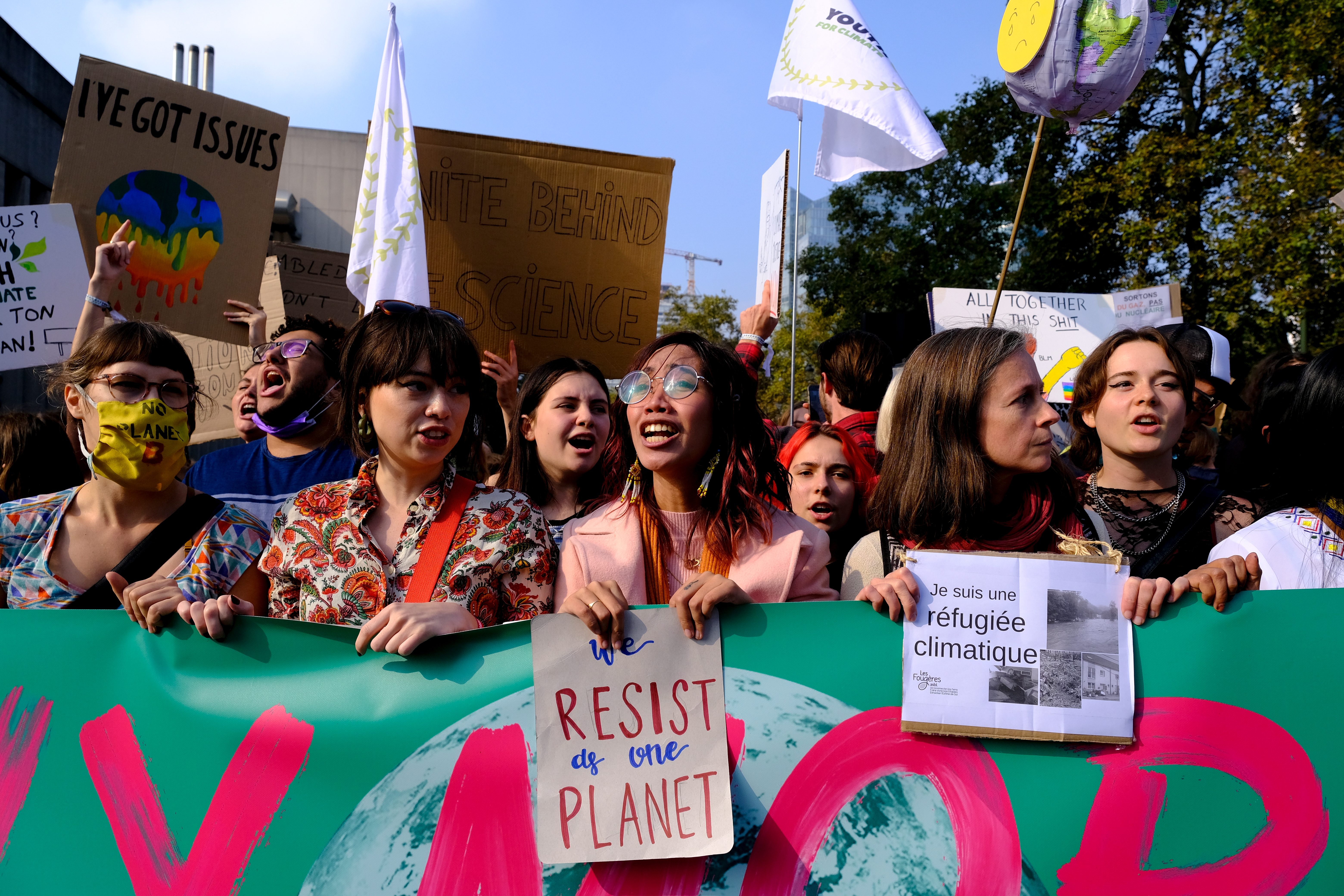
- Webinar
- 28 October 2021 BST
Women’s collectives as norm change agents
- Organiser:
- Social Norms Learning Collaborative, South Asia Learning Collaborative
- Contact:
- South Asia Social Norms Learning Collaborative
About the session: There has been a rise in women’s collective action in South Asia. The focus of these programmes is uplifting women’s social and economic status, and they have presented an opportunity to foster women’s groups for collective action. A gamut of evidence from this region shows how such grassroots platforms of women have pushed boundaries to shift regressive social norms. However, there is not enough discussion on the nuanced role of women’s collectives in altering social norms. While many of these programmes do not intend norm shifts, they do change norms while working towards their objectives. The theory of change of such interventions or programmes, once drawn, can be adopted by policymakers and implementers to ensure large scale impact.
The session focused on the role of the collectives as agents of social and gender norm change. While such collectives often do not pursue norm change as an outcome, their activities result in normative change by challenging patriarchal regimes. Through this session, the SA-SNLC brought together a panel of key stakeholders to discuss the role of women’s collectives in catalysing norm change.
Speakers:
- Andy Bhanot, Director of Social and Behaviour Change Communication at PCI India
- Balamurugan D., IAS, CEO, JEEViKA
- Madhu Khetan, Program Director, PRADAN
- Madhu Krishna, Deputy Director, Bill & Melinda Gates Foundation
- Rangoli Gupta, Associate, Centre for Social and Behaviour Change
- Dr Sharmila Neogi, Advisor (Adolescent Health and Gender), USAID
- Dr Sharon Barnhardt, Director of Research, Centre for Social and Behaviour Change
- Sushmita Mukherjee, Director, Gender and Adolescent Girls, PCI India